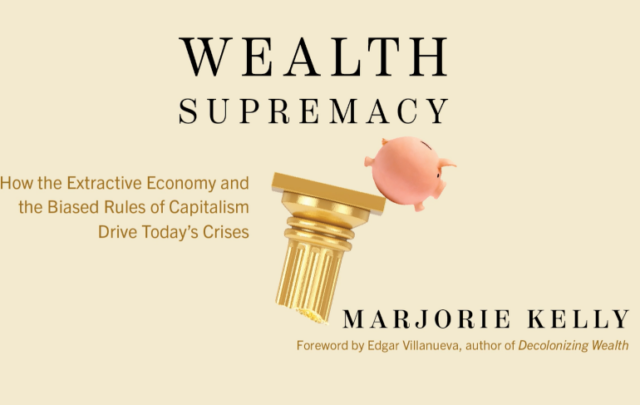Boardman, Brenda, Fixing Fuel Poverty: Challenges and Solutions, Earthscan, London, 2010, 244 pgs.
Brenda Boardman continues to do pioneering work in the field of fuel poverty in Britain. She is Emeritus Fellow with the Lower Carbon Futures at the Environmental Change Institute at the University of Oxford. Twenty years ago, Boardman wrote her landmark study, Fuel Poverty: From Cold Homes to Affordable Warmth, which provided the first quantifiable definition of fuel poverty (ie. when a household spends more than 10% of its income on energy services).
Brenda’s new book supplements its predecessor by providing recent data and a sustained focus on solutions. Reading this book is an interesting exercise, primarily because its progression mirrors the steps that a citizen encounters in pressing for action on a significant social issue.
Boardman begins by providing context: a concise history of prior efforts to grapple with the problem of fuel poverty, matters of definition, determining the scale of the problem, and describing the trends. The first 45 pages contain many statistical tables and graphs and are not an easy read, though this is hardly the fault of the author.
Boardman’s text is concise: she is clearly aware that every sentence must count, and the 45 pages of statistics and definitions are there because they must be, since the government policy which she is about to dissect is based on such data and definitions.
Indeed, Boardman’s decades-long struggle to see fuel poverty effectively addressed has revolved around the definitions and statistics generated by the bureaucracy which was created to solve the problem. Indeed, one of the most remarkable aspects of this book is her ability to examine these technicalities and yet retain the interest of her reader.
Brenda frequently reminds the reader of the human toll of fuel poverty. She provides quotes which illustrate the ways in which the fuel poor endure the cold: by going to bed early and huddling under blankets (p. 175), the “horrific choice of heating or eating” (p. 172), and the problem of “excess winter morbidity” (p. 171). She pointedly states, “Cold homes are not just correlated with ill health; they cause it” (p. 183).
Boardman masterfully outlines the history of misdirected government initiatives and then counters with her own delineation of a more effective government policy. She argues that the primary focus should be on practical brick-and-mortar solutions such as insulating the least energy-efficient homes first. This type of capital expenditure produces lasting benefits on multiple fronts: the comfort, health and financial situation of occupants, which in turn produce other social benefits. These investments also help address the twin problems of climate change and peak oil & gas. Furthermore, these improvements are relatively permanent.
Boardman’s analysis and recommendations have widespread applicability, worthy of examination by policy-makers in other countries.
This book also provides a template for any citizen who seeks action on a social problem: describe the problem, provide the necessary data and definitions, point out the failings of existing policies, offer clear alternatives, and demonstrate the savings and efficiencies which would result.
Brenda Boardman’s unique study has application beyond the issue of fuel poverty in Britain. Concern over the peaking of global oil production continues to increase, and many experts predict increasing price volatility and economic uncertainty. As we enter this phase, fuel affordability will quickly become a front-line issue. At that point, Boardman’s far-sighted book will become very timely indeed.






